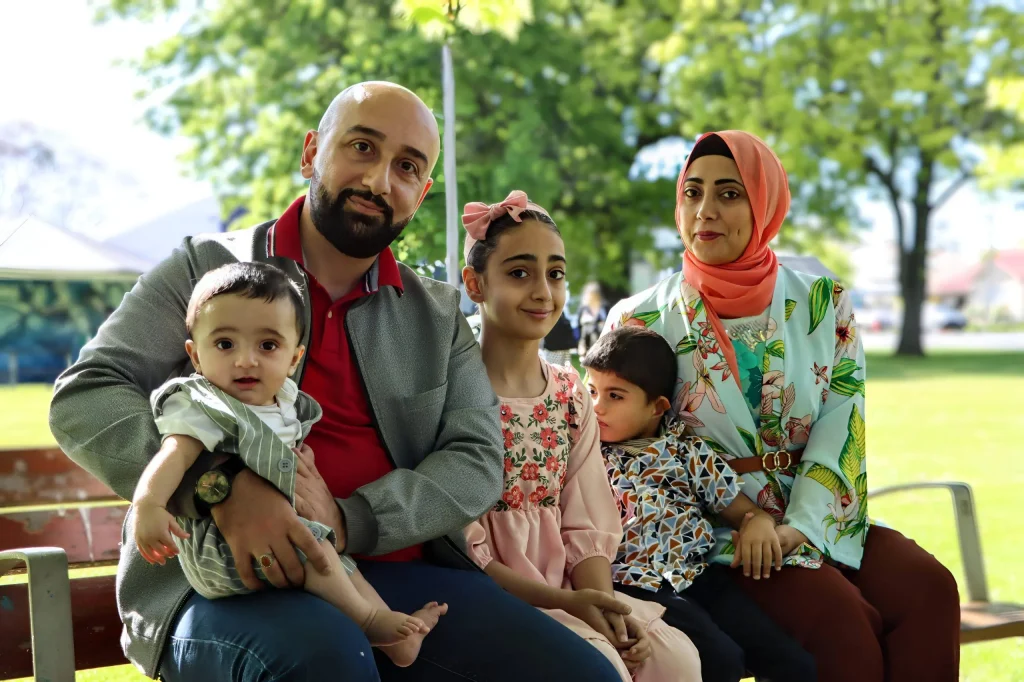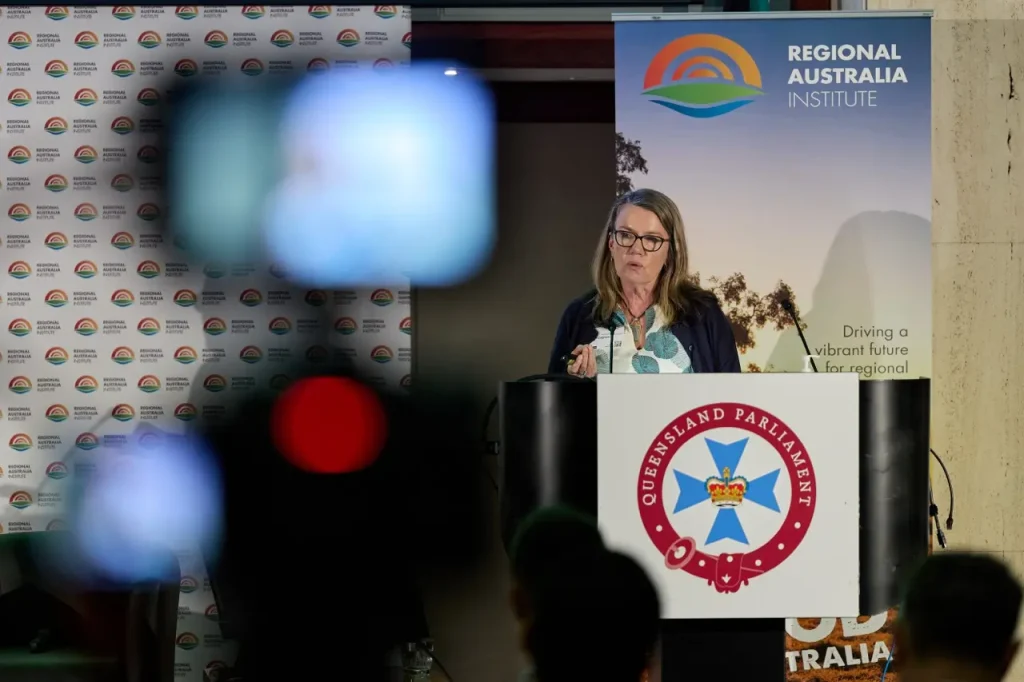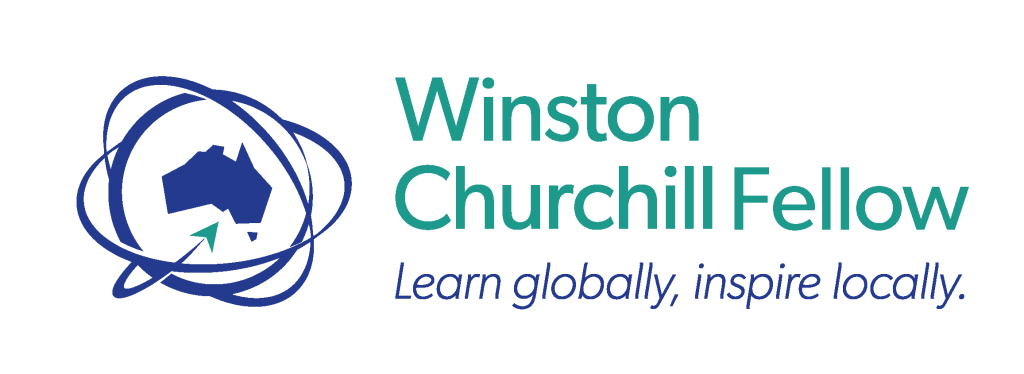RURAL communities can attract more health workforce professionals to their community, increase revenue for their town and widen access to preventive care, early diagnosis and early treatment for health conditions, should they commit to the Attract Connect Stay – Community Connector Program.
These were a few of many findings to come out of the evaluation of the Community Connector Pilot Program by Dr Anna Moran of unplex.
The Community Connector Pilot Project
Dr Cath Cosgrave’s Attract Connect Stay (ACS) Framework and the flagship Community Connector Program is an evidence-based, place-informed rural health workforce solution, underpinned by over 10 years of rural health workforce strengthening research. The Community Connector Pilot Project was funded by the Foundation for Rural Regional Renewal (FRRR) and auspices by SARRAH as a two-year, community-based participatory action research project.
The purpose of the pilot was or the Research Team – led by Dr Cosgrave, to develop and pilot a Blueprint that codified the necessary steps required for a rural community to establish their own Community Connector Program.
What happened?
Based on a synthesis of all information gathered, Dr Moran concluded that the Community Connector project fully achieved three of five of its goals and partially achieved the remaining two. Using a co-design approach with the pilot site community (Glen Innes, NSW) enabled real-time development of the evidence-informed Blueprint.
“Key learnings from the project included a deep and thorough understanding of the critical activities and mechanisms required to successfully implement a HWRC into small (population 8,000 – 20,000) rural communities in Australia. These have been codified in the Blueprint,” Dr Moran says.
The Glen Innes Pilot site was hugely successful, within the first 6 months of their Community Connecter being in place they saw seven health professionals and their families supported to move to and/or settle/connect into the irrural community. This includes 2 GPs, 1 Pharmacist, 1 Exercise Physiologist, 1 Diabetes Educator, 1 Nurse Practitioner, and 1 Speech Pathologist.
“The addition of the first GP in August 2022 has led to 70 patients being moved off the waiting list, equating to 224 hours of additional clinical care provided to the community over a 3.5-month period. The second GP will commence in mid-November 2022, enabling one of the two Glen Innes’ medical practices to move at least 70 more patients off the waiting list and provide significantly more hours of clinical care.” Dr Moran says
“The net movement of seven healthcare professionals and their family members (2 adults and 3 children) to Glen Innes represents a (conservative) approximate gain of $520,000 to the community based on annual average household spending for a typical Australian resident.”
Furthermore, there has been deep satisfaction with the program and gratitude to the community from the overseas trained GP and his family.
“I feel really excited, and comfortable too. So, I think we are really prepared and we are planning to stay for the long term,” the new GP stated.
Dr Moran noted this has led to a positive experience of the community from the outset, early engagement with the community and early signs of the family having the support they need to settle into and connect with the community.

Where to from here?
The evaluation determined that the Community Connector Program is a viable and impactful solution to addressing complex rural health workforce problems in small- to medium-sized rural and regional communities.
Viability and impact however, are contingent upon the rural / regional community:
- Intimately and collectively understanding and wanting to overcome the health workforce problems they face.
- Critically assessing whether or not they have the necessary pre-conditions to successfully establish and longingly fund and manage the Community Connector Program to address their health workforce problems.
- Rallying together and leveraging their community assets and strengths to undertake all steps in the program in the appropriate order.
- Generating and/or securing appropriate funding that supports place-based implementation of the program.
- Seeking mentoring to adapt each step in the program to the local context.
And so, there is still work to be done. Opportunities for rural communities to source sustainable and secure funding for implementing a Community Connector Program are needed for the long-term success of the solution.
“Further work is needed to improve health workforce literacy and to understand how Dr Cosgrave’s Attract Connect Stay Framework and the flagship Community Connector Program can be used to better support communities to go beyond just strengthening their medical workforce and to extend their efforts to attracting and retaining allied health professionals as well as other skilled workers ” Dr Moran says.
You can read the full evaluation here.

Dr Anna Moran CEO and Founder | unplex PhD, BAppSci (Physiotherapy) Honorary Research Fellow, Melbourne Medical School, Department of Rural Health, The University of Melbourne.
Dr Moran is a health services researcher with expertise in examining and simplifying complex problems using program logic and realistic evaluation methods. Dr Moran has 18 years’ international research, evaluation and consultancy experience. She has a passion for working with health and social care organisations to simplify complexity around planning and executing workforce change so they have greater capacity to meet the needs of the individuals and communities they serve. Anna also manages a small, vibrant healthcare business with her husband in Wodonga on Dhudhuroa and Wiradjuri country, where they live with their four children.







